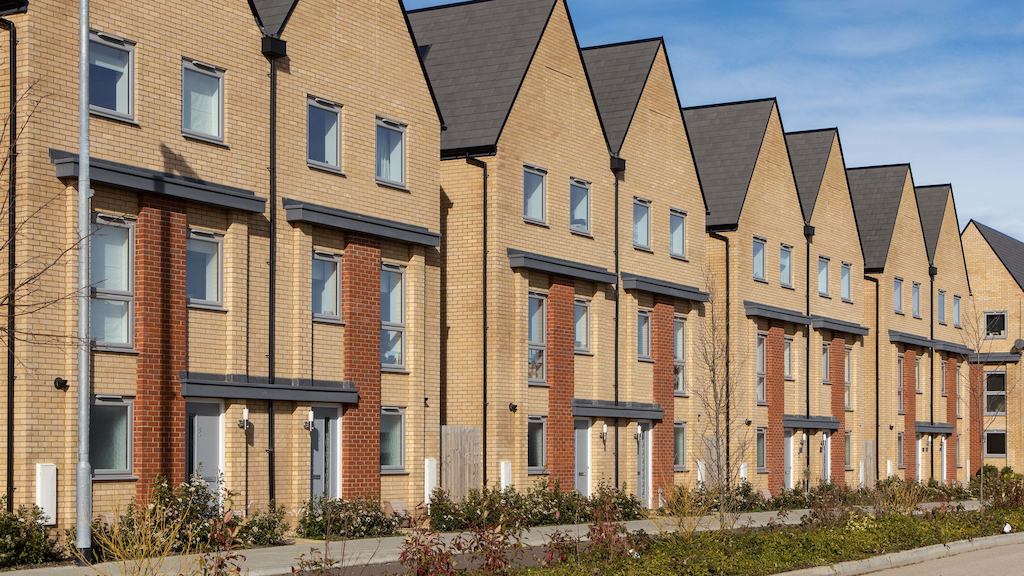There have been more than 50,000 heat-related deaths and more than 200,000 from cold since 1988 in England and Wales, according to newly-released official figures.
While England historically has had far more deaths from cold, the Office for National Statistics (ONS) said heat-related deaths appeared to have increased in recent years including a record 4,500 deaths in 2022.
Last year was the UK’s hottest on record, with scientists warning that 40C summers will become more common in future as the climate heats up.
The ONS figures show that the risk of dying triples when temperatures exceed 29C in large cities like London, compared to when they are between 9C and 22C.
All regions of England and Wales showed an increased risk of death above 22C, with those aged over 65 the most vulnerable.
The ONS compiled its figures based on information from the Centre for Environmental Data Analysis and created a new method to understand how temperature affects risk of death.

